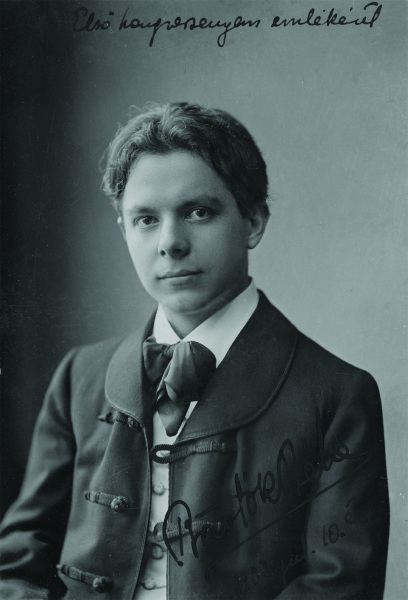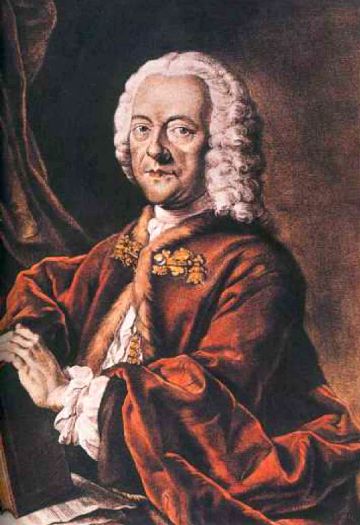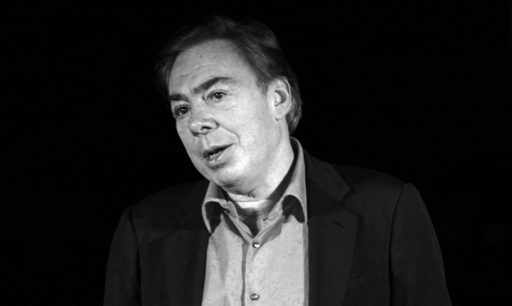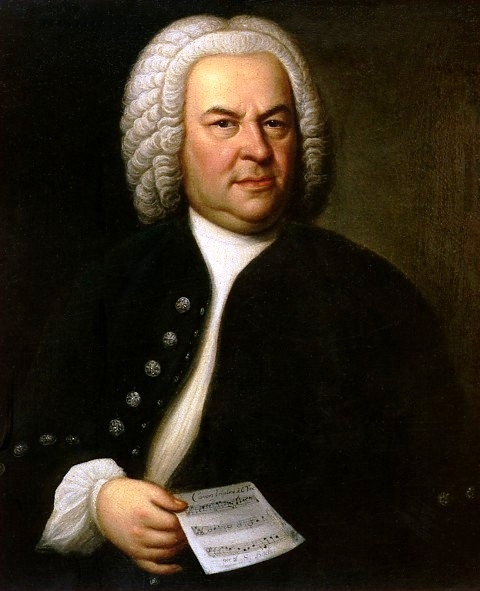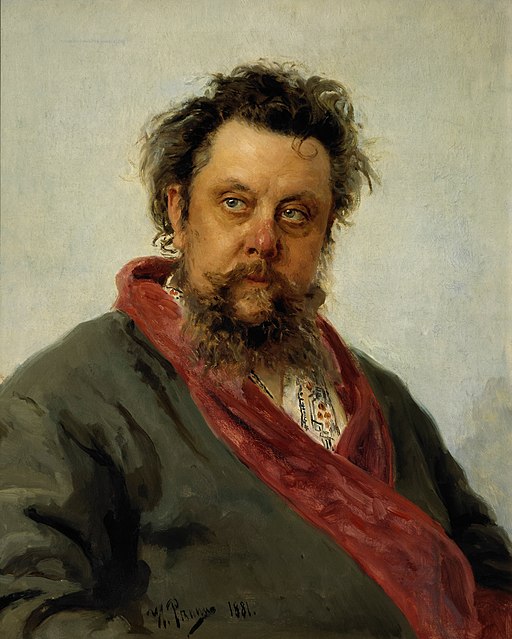March26, 1925 – January5, 2016
.jpg)
Pierre Louis Joseph Boulez, a French composer, conductor, writer and founder of several music institutions, was born on this day in Montbrison.He was a leading figure in avant-garde music, playing an important role in the development of integral serialism in the 1950s, aleatoric music of the 1960s and the electronic transformation of real-time instrumental music in the 1970s.Along with his composing activities, Boulez was one of the most prominent conductors of his generation.In his career of more than sixty years, he was the director of the New York Philharmonic and the BBC Symphony Orchestra.He has often performed with many orchestras such as the Vienna Philharmonic, the Berlin Philharmonic and the London Symphony Orchestra.He founded several musical institutions, including the “Domaine Musical” Concert Association (1954–1957), the Ensemble Intercontemporain (1957) and the L’ircam Institute for Music and Sound Research (Institut de Recherche et Coordination Acoustique / Musique) during the 70s. He has received a number of awards, including the prestigious Grawemeyer Award for his forty-minute work Sur Incises (2000).

